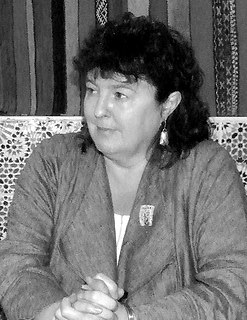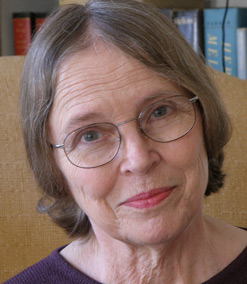A Quote by Charles Bukowski
that your power of command with simple language was one of the magnificent things of our century. (from the poem: result)
Related Quotes
Poetry is perhaps the oldest art form. We can go back to an age-old idea of naming things, the Adamic impulse - to give something a name has always been an immensely powerful thing. To name something is to own it, to capture it. A poem is still a kind of spell, an incantation. Historically, a poem also invoked: it was a blessing, or a curse, or a charm. It had a motile power, was able to summon something into being. A poem is a special kind of speech-act. In a good poem there's the trance-like effect of language in its most concentrated, naked form.
I believe in fiction and the power of stories because that way we speak in tongues. We are not silenced. All of us, when in deep trauma, find we hesitate, we stammer; there are long pauses in our speech. The thing is stuck. We get our language back through the language of others. We can turn to the poem. We can open the book. Somebody has been there for us and deep-dived the words.
One of the things I love about translation is it obliterates the self. When I'm trying to figure out what Tu Fu has to say, I have to kind of impersonate Tu Fu. I have to take on, if you will, his voice and his skin in English, and I have to try to get as deeply into the poem as possible. I'm not trying to make an equivalent poem in English, which can't be done because our language can't accommodate the kind of metaphors within metaphors the Chinese written language can, and often does, contain.
There is all this stuff about how sensitive poets are and how in touch with feelings, etc. they are, but really all we care about is language. At least in the initial stages of the process of writing the poem, though later other things start to come in, and a really good poem usually needs something more than just an interest in the material of language to mean anything to a reader.
Entranced by the denotative power of words to define, to order, to represent the things around us, weve overlooked the songful dimension of language so obvious to our oral [storytelling] ancestors. Weve lost our ear for the music of language -- for the rhythmic, melodic layer of speech by which earthly things overhear us.







































